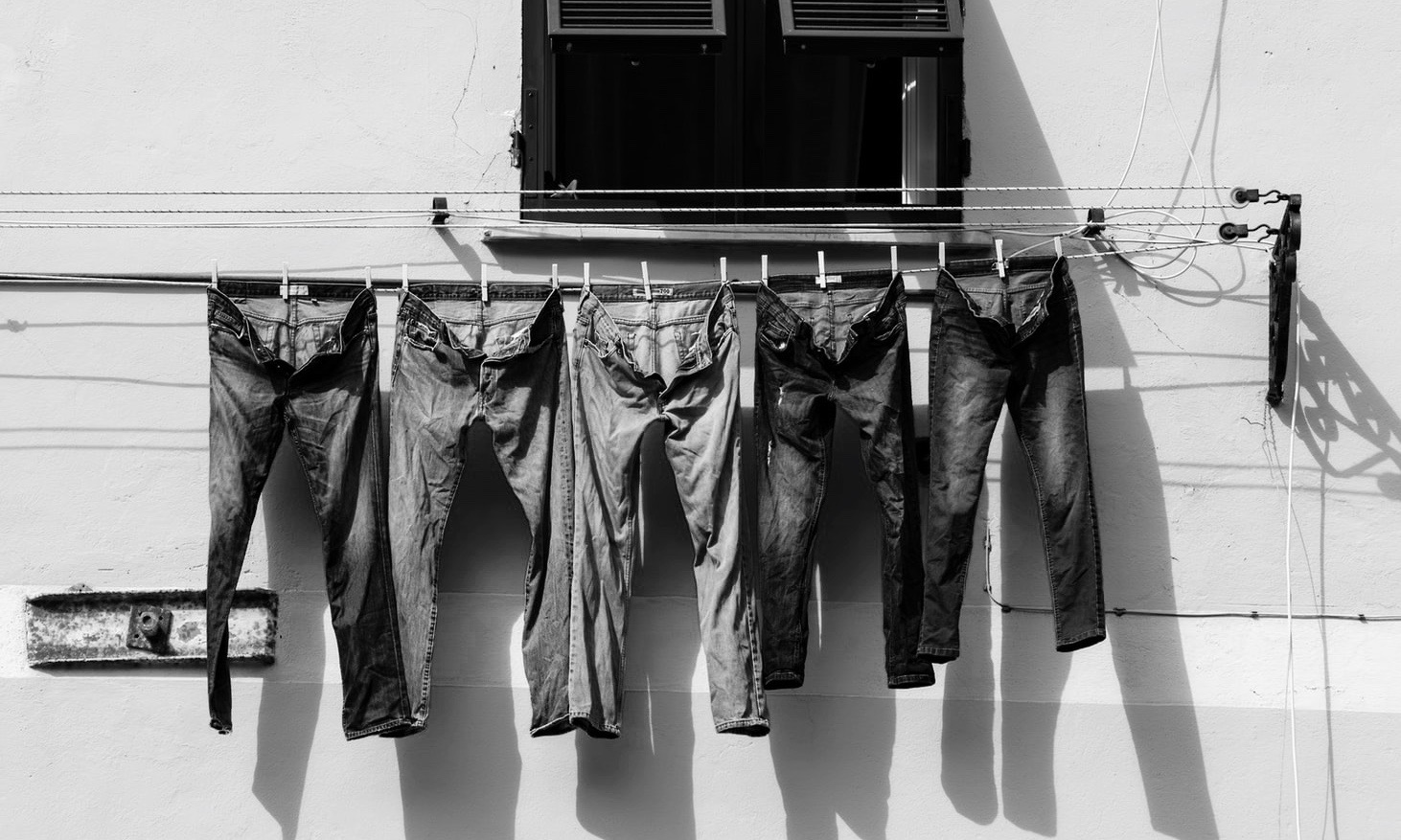Judgement in the case Cofemel v. G-Star
In intellectual property law, objects can sometimes be protected by different rights. This is so uncommon, but in the case of conflicts, fundamental questions about the coexistence of different rights arise. Recently, the CJEU dealt with the relationship between copyrights and the rights arising from a design in a judgement from 12 September 2019 in the case C-683/17 (Cofemel v. G-Star).
The world-famous jeans producer G-Star has sued its competitor because the later was producing similar designs of jeans and T-shirts. The Portuguese court, to which the case was handed, said that the works of applied arts, industrial designs and design works can without doubt be copyrighted. However, the court was not sure to what extent should the originality be scrutinized. This is why the court asked the CJEU, whether it is in accordance with Article 2(a) of the Directive 2001/29/ES (InfoSoc Directive) to define “works” by its unique and distinguished visual effect from an aesthetic point of view.
The CJEU said that the term “work” should be interpreted uniformly in the whole EU. The EU law sets two cumulative conditions for a work to be copyrighted; the object has to be original in the sense of the author’s own intellectual creation and the elements of the work have to be an expression of that creation. Also, the object needs to be identifiable precisely and objectively.
The Bern convention for the protection of literary and artistic works does not preclude the possibility of cumulation of different rights. Also in accordance with EU law, design rights and copyrights do not exclude each other. Nevertheless, each protection system pursue different goals and is differently regulated. Copyrighting an object protected as a design should not interfere with the goals and the effectiveness of the protection. When copyright protection is assessed according to the InfoSoc Directive, the only two relevant conditions are the originality and the expression of the creation. The aesthetical element is therefore not relevant as it can be extremely subjective.
The Grand Board of the European Union Intellectual Property Office (EUIPO) finally ruled that the figurative sign ‘COVIDIOT’ cannot be registered as an EU trademark.
The 4th Open Knowledge Day took place on Tuesday 17 October 2023, with an accompanying workshop on 18 October 2023. This year it was organised by the Open Data and Intellectual Property Institute (ODIPI) and supported by Knowledge Rights 21 (KR21).
We invite you to the fourth Open Knowledge Day and the workshop, which will take place this year within the framework of the programme and with the support of Knowledge Rights 21. The event will bring together experts from different European countries to discuss two topics: the first part will deal with the legal basis for data analytics, which is a key part of machine learning and related artificial intelligence, and the general exception for research. In the second part, open science in theory and practice will be presented both in Slovenia and in some Western Balkan countries. Representatives of research and educational institutions from Slovenia and the Western Balkan countries, as well as interested members of the public, are invited to attend.
Dr. Maja Bogataj Jančič, a renowned expert in copyright law, has joined the Berkman Klein Center for Internet & Society at Harvard University, where she will serve as an affiliate researcher for the next two years.





